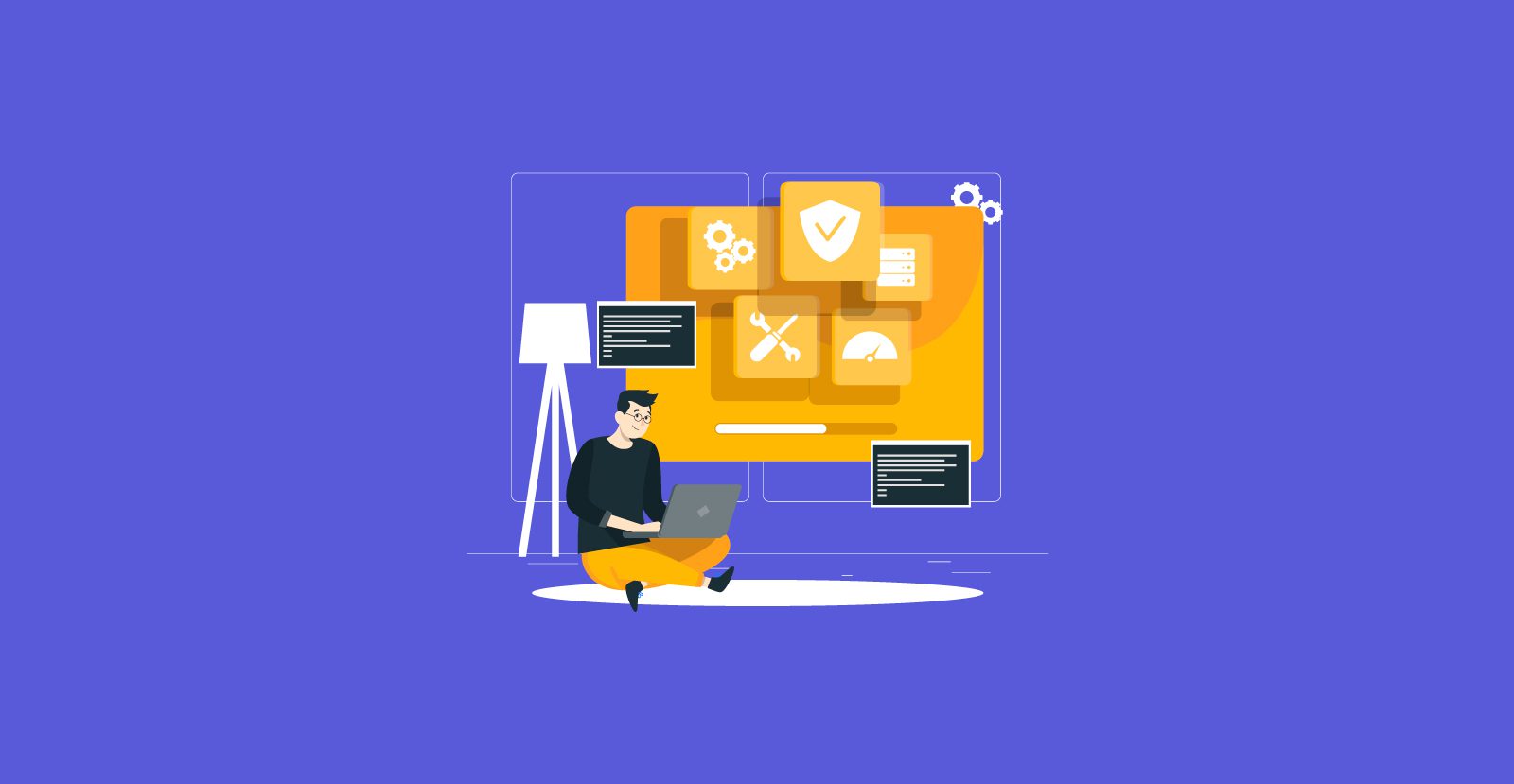Enterprise Resource Planning (ERP) is a software platform that helps companies manage their information. Cloud-based computing, on the other hand, gives individuals access to software programs running on shared computing resources like disk storage and memory using the internet. Therefore, cloud-based ERP software is a system that enables users to access ERP through the internet. Rather than a business operating their system on its premises, they choose to run it on the Cloud.
Every organization needs access to technology to grow and compete in the business environment. It’s why a cloud-based ERP system is crucial. More businesses are today using this technology as it’s reliable, fast, and cost-effective.
In fact, Selecthub statistics reveal that 62.7% of companies today prefer using cloud-based ERP over on-premises systems. Read on to learn how cloud-based ERP benefits your business.
What Is Cloud-Based ERP Software?
Cloud-based ERP is an ERP system that runs on a cloud platform instead of a company’s on-premise network. As such, users can access it via the internet. In addition, by integrating and automating financial and business operations, ERP software provides them as a single data source.
Businesses must ensure that the ERP system is readily available in all their units and that it delivers updated and unified data wherever employees are working. Research by Softwarepath claims that organizations spend 17 weeks on average selecting an ERP system. And this is where cloud-based ERP comes in. Since it is accessible via the internet, workers just need an internet connection and browser to access the data.
An ERP vendor hosts this software and offers it as a service to organizations, meaning that it will provide the same functionality as an on-premise system better and affordably. In fact, cloud-based ERP software is popular since it allows data access and analysis in near real-time. This means that sales teams get real-time inventory, and it frees the finance team to focus on other tasks like monitoring cash runway, responding to audits quickly, etc.
Accounting and financial modules are provided on all cloud-based ERP software. From there, a company chooses what applications to implement, depending on its industry and its needs. Other cloud ERP modules available include procurement, customer relationship management, supply chain management, etc.
Why Chose Cloud-Based ERP?
Cloud-based ERP is cost-saving. A survey conducted by Oracle in 2018 that involved more than 400 finance and technology leaders, revealed that most of them switched to the cloud due to economic reasons. It allows companies to access and analyze data without purchasing or having to maintain grade IT hardware. But also, Cloud has various resources that your business can benefit from, including scalable process power and excellent data storage. Additionally, this system offers better security and compliance that many companies can’t afford. And you are sure that your data is backed up. Plus, the vendor is armed with excellent disaster recovery procedures. Finally, moving to cloud-based ERP allows you to entirely focus on your business without worrying about maintaining IT infrastructure.
Pros and Cons of Cloud-Based ERP VS on Premises ERP
While both systems improve the operations of a business, they are not similar. Cloud-based ERP is hosted on a vendor’s servers, and users access it via a web browser. On-premises are installed on a company’s servers and computers. You can also get a hybrid deployment, where your cloud-based ERP is hosted on your private servers.
With cloud ERP, your vendor offers you technical support, which means that you get reliable, high-quality service. This is beneficial to those operating beyond business hours as you can get IT to support you anytime. Plus, cloud-based ERP vendors have invested in high-security standards to keep user’s data safe. Also, there is cost transparency with this system as you choose a set subscription rate that you can scale up or down, depending on your needs and budget.
But, there’s less room for personalization with this system since you rely on an external vendor. Some vendors offer a set template that you fit your business into. Thus it limits large companies that need to control their productivity applications. And also, you lease this software rather than owning it, meaning it can be expensive in the long run. Plus, at times, the provider may not offer a secure connection.
On-premises solutions, on the other hand, allow businesses to store their data within the organization. Therefore, they can share it with their other internal systems. Plus, it’s best for those dealing with sensitive information as they keep it in-house. Also, they can be cost-saving in the long run as you don’t spend on subscriptions.
However, they can also be costly as they require frequent updates, and you have to buy the expensive IT tools upfront, not to mention the cost of maintenance. And again, employees have to be connected to the company network to access it, meaning it’s not suitable for those with remote workers.
Conclusion
As your business grows, you need access to reliable and innovative tools that can make operations more efficient without expensive expenses. It’s why cloud-based ERP software is beneficial to a growing business. The ease of access to data simplifies functionality, allowing you to focus on improving and growing your business.




Please enter input field